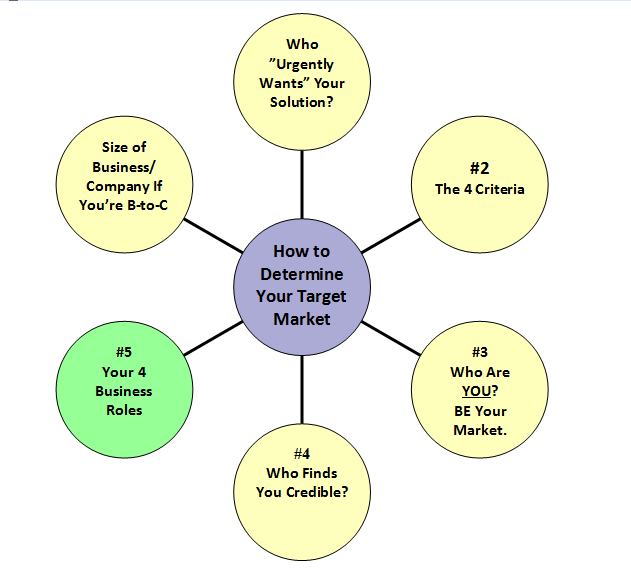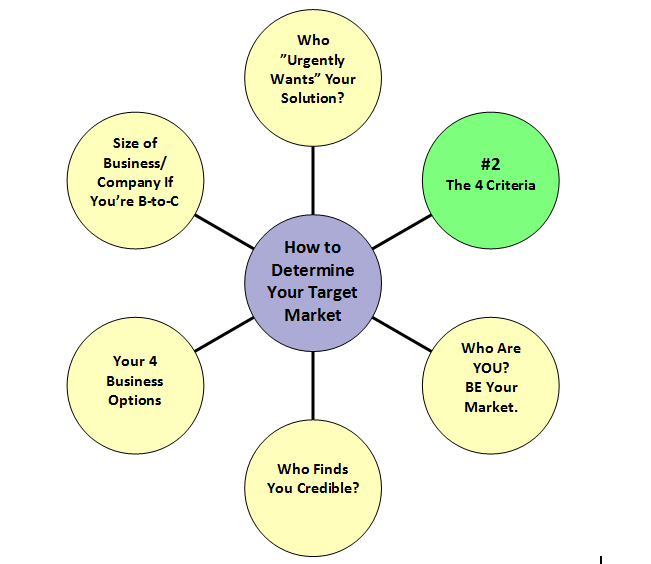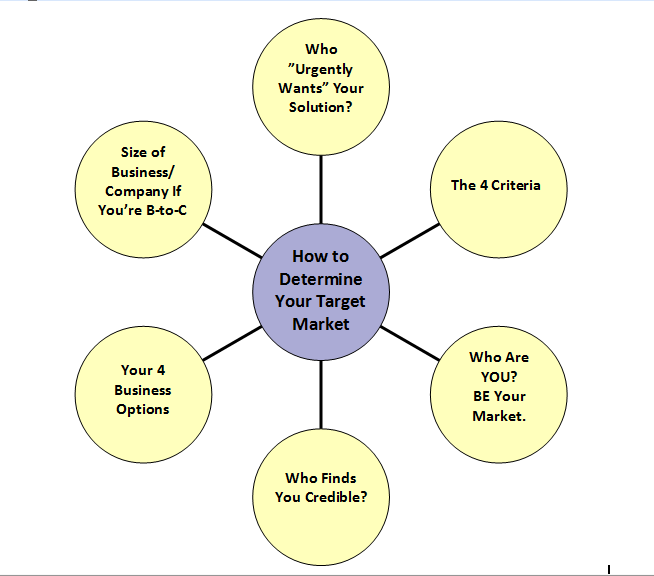
Today, a favorite client finished The Powerhouse Method™, my 7-session private program that develops one-of-a-kind business identities (and hers rocks!). For a series of reasons, she is unable to continue with me now, so I asked her a laser “completion” question that is relevant to anyone embarking on a new business venture.
“What is the single thing you could do to derail this initiative?” (It is actually a “movement” that she is starting.) She thought a moment and replied, “Believing that I’m not equipped, that I can’t pull it off.”
I said, “What does it take to ‘pull it off’?” She rattled off at least five or six attributes and character traits of someone who would succeed at building a movement. I then asked, “And in which of those do you have the least trust in yourself?” She knew right away: “Organized daily commitment. I get side-tracked so easily and am always learning and searching and telling myself that ‘somehow I can use this.’ But what I need to do is be really focused only on the daily tasks that will directly get me where I want to go.”
So, I asked her to make a commitment—and to only speak it if she meant it. She paused and then stated that she would work a designated number of hours per day and that all of those hours would focus only on the blueprint we had laid out for her to follow over the next three months.
Then I asked, “How will you celebrate yourself for successfully doing that each day?” She gave some typically-human weak answer like, “Just immersing myself in this movement will be celebration enough.” I said, “Nope. You have to celebrate that you have mastered a new habit for the day.” And I suggested that she put some money in a jar every day, from $2-5 dollars, and then to “cash it in”–in 2 weeks at first, then 4 weeks—on some treat: a lunch out for herself; a manicure; a round of lattes with some friends. She loved that idea and committed to doing it.
And finally, I asked her, “Why are you going to implement this new habit–i.e. work these very targeted hours each day?” And she said some powerful things like, “Because I cannot die with this in me. It is my life’s purpose and now that I have it, I’m not giving it up,” and, “Because it will totally make my life big to do this.” I then encouraged her to think of her market—those who will comprise the movement. “Why are you doing it for them?” And she said, “Because they will be totally expanded–completely changed forever. And so will the rest of the planet.”
I underscored her potent words by saying, “Your doing this every day, then, is a sacred walk to your purpose and to their transformation. ”
She was silent for a while and then gruffly said, “You totally got me with that, Lizabeth. It is absolutely a sacred walk.”
“So,” I summarized, “what you could do to derail this, since I won’t be there to keep you on track—believing you can’t pull it off–will be summarily extinguished with measurable habits, celebrations of those habits every day, and the daily recognition that doing this work is a sacred walk that will change, one day, millions of lives.”
This was a potent few minutes I took her through–and so I encourage you, reader, to go through a similar process:
In whatever it is you are intending: what could you do to derail it?
Answer quickly. Now.
Ask yourself, “What does it take to _______?” or “What does it take not to ______”? [For instance, you may have answered that to achieve what you want would take “not being attached to the outcome.” So, what does it take to not be attached to the outcome?]
In which of your answers do you have the least trust in yourself? Choose just one.
Make a commitment about it. But only make it if you’re going to mean it.
How will you celebrate your habit of keeping that commitment each day?
Why will you keep it? Why for yourself? Why for your market?
Do you see that it is a sacred walk to all that you are here for and all that your market can become?
If so, hold your new habit as a sacred act every single moment.
If not, contact me. 🙂





 rofound. I believe that
rofound. I believe that  You will always need to get in front of decision makers, and the size of the company, business or organization whom you approach determines who that is and thus who your market is. It’s well worth your time to think this through.
You will always need to get in front of decision makers, and the size of the company, business or organization whom you approach determines who that is and thus who your market is. It’s well worth your time to think this through.


 Richard Branson
Richard Branson


 So, what does the prosecution in a case do? He puts forth an argument and then sets about proving it beyond a reasonable doubt. If he wins, it’s because the jurors or judge couldn’t come back with a, “Yeah, but –”. The proof was irrefutably true…or, at least, presented no holes.
So, what does the prosecution in a case do? He puts forth an argument and then sets about proving it beyond a reasonable doubt. If he wins, it’s because the jurors or judge couldn’t come back with a, “Yeah, but –”. The proof was irrefutably true…or, at least, presented no holes.